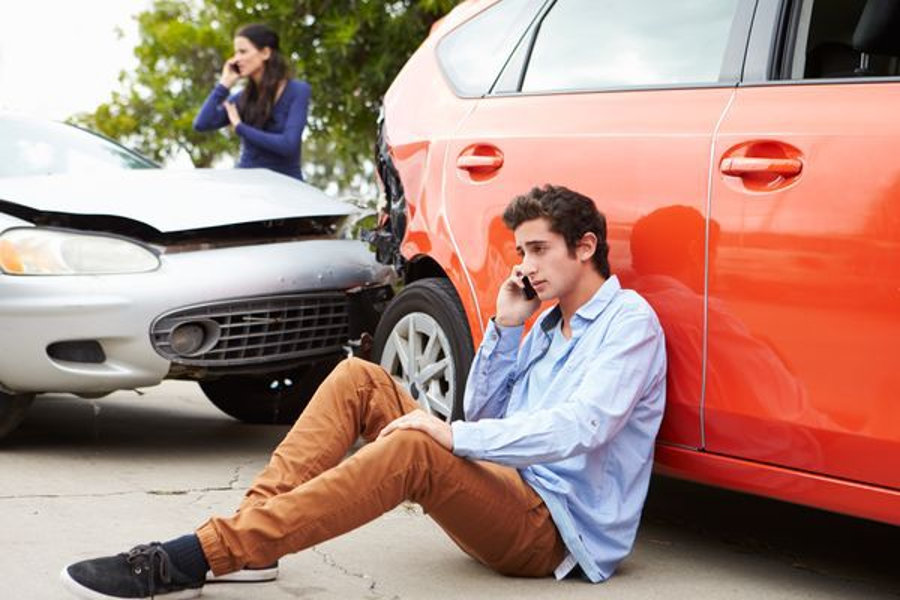There may not be a phone call that parents dread more than one in which they are informed that their teenage child has been involved in a motor vehicle accident. If this should ever occur, it is important to remain calm and engage in conduct and action that is proactive. Of course, the initial and paramount concern is the health and well-being of those involved.
Once the well-being of all those involved has been addressed, it is important to focus on the emotional health of your teenage child. It is not difficult to convince a parent that his or her rightful place after an accident is the accident scene to protect any of their minor teenage children involved in the accident.
If he or she was involved as the driver, a parent can act as a buffer between a teen driver and the other parties involved in the accident. A parent can also inspect the accident scene and collect information about the accident and its underlying cause. All parties involved in the accident will have to exchange information, which may make a teenager uncomfortable. Arriving as soon as possible after the accident, a parent can help a teen driver feel more at ease to meet his or her responsibilities when the investigating officers interview the teen to make their report.
If law enforcement has not yet arrived, a parent can even protect valuable crash scene evidence. Mobile phones make it possible to take quality pictures of the accident scene, including any resulting injuries and property damage. The details of the accident related to weather and road conditions may also be observed as close in time to the accident as possible.
It is also crucial to instruct a teen driver to neither admit fault nor blame the other driver after an accident. Equally important is identifying any bystanders to the accident and discovering the details of what they may have witnessed.
A motor vehicle accident may be a traumatic experience for a teenage driver. Since it is likely that a teen driver will not be familiar with the law, the legal process, and its ramifications, learning and participating in the process may help them mature. It is important to reinforce the value of responsible driving and the necessity to develop good driving habits since they tend to stay with a person for a lifetime. Thus, it’s also important to get a teen driver back on the road again as soon as possible and help them rebuild their sense of comfort and security.
One possible way to prepare teens for this experience is to simulate it when they get their license. Have a spontaneous, unplanned mock accident and see how they respond. Of course, the best way to prepare teen drivers for a motor vehicle accident is to teach them how to avoid being involved in one in the first place.

